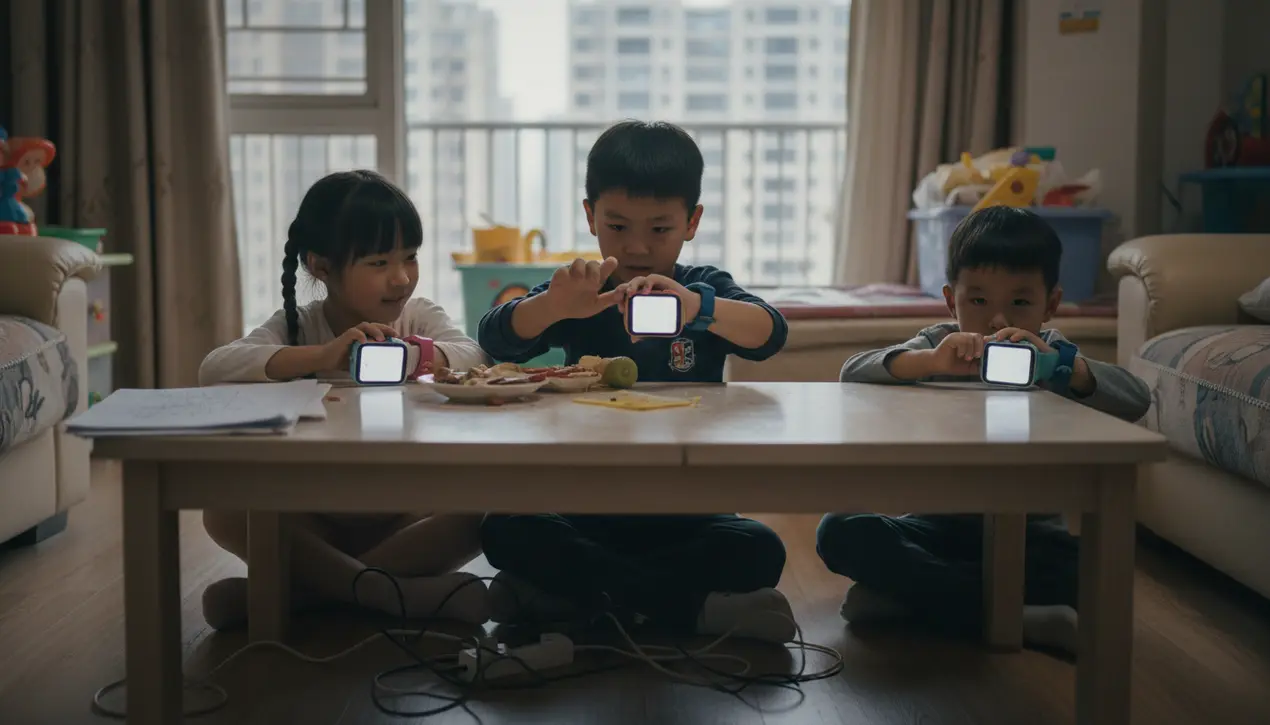- News
- education
- Kids in China Are Using Bots and Engagement Hacks to Look More Popular on Their Smartwatches

OthereducationEdTech Innovations
Kids in China Are Using Bots and Engagement Hacks to Look More Popular on Their Smartwatches
AN
Andrew Blake
14 hours ago7 min read2 comments
In a fascinating twist on the digital arms race for social validation, a new frontier has emerged not on smartphones, but on the wrists of children as young as five in China. Parents, in a bid to keep their children both safe and connected, are purchasing smartwatches equipped with SIM cards and social features, inadvertently plugging them into a microcosm of the same fierce online competition that defines adult social media platforms.These aren't just time-telling devices; they are full-fledged social networks where kids can form friend circles, post 'Moments', and accumulate likes. The pressure to appear popular has become so intense that a burgeoning grey market has sprung up, offering services where children can pay a few yuan to buy thousands of robotic likes or use simple bots to artificially inflate their engagement metrics.This phenomenon is a direct reflection of the super-app culture pervasive in China, where platforms like WeChat and Douyin have gamified social interaction, making quantified popularity a currency of self-worth. It raises profound questions about the psychological development of a generation learning to equate social value with algorithmic approval before they've even learned long division.Experts in child psychology are sounding the alarm, noting that this early immersion in performative sociality could normalize inauthentic relationships and create a baseline anxiety around social standing. The situation presents a complex dilemma for parents who see the watches as a practical tool for safety and communication, yet now must grapple with their unintended function as a training ground for digital status anxiety.This isn't merely a quirky tech trend; it's a live experiment in how technology shapes childhood socialization, echoing the influencer economy but on a platform designed for elementary schoolers. The response from watch manufacturers has been tepid, often treating these social features as harmless add-ons rather than powerful engines of social dynamics. As this practice spreads, it invites a broader discussion about the responsibility of tech companies in designing products for vulnerable age groups and whether the drive for connectivity is coming at the cost of authentic childhood development.
#featured
#children
#smartwatches
#social competition
#bots
#engagement hacks
#digital trends
#China
Stay Informed. Act Smarter.
Get weekly highlights, major headlines, and expert insights — then put your knowledge to work in our live prediction markets.
Related News
Comments
Loading comments...
© 2025 Outpoll Service LTD. All rights reserved.